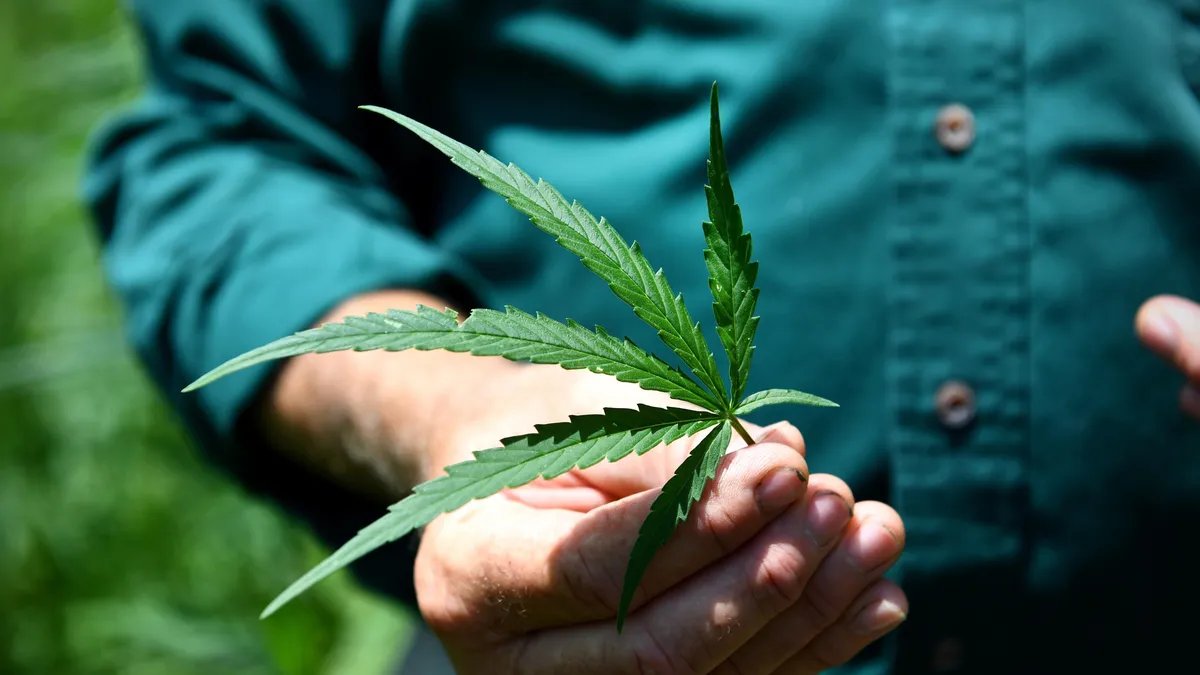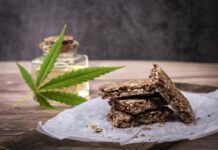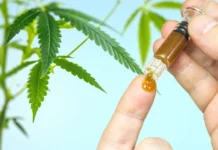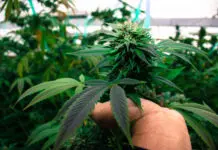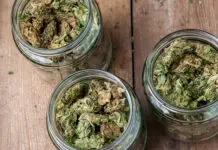Hemp farming is growing and cultivating hemp plants for their use in various products, including food, fuel, fibre, and cosmetics. Hemp has been grown for centuries in many parts of the world, but it has only recently become popular as a commercial crop in the United States.
Hemp plants can be grown in various environments and climates, but they prefer warm weather and well-drained soil. Hemp is a relatively easy crop to grow and is tolerant of pests and diseases. However, you must carefully monitor hemp plants to ensure they do not become too stressed or overgrown.
How do you start farming hemp?
If you’re interested in starting a hemp farm, there are a few things you need to know. Here’s a brief overview;
1. Obtain a license
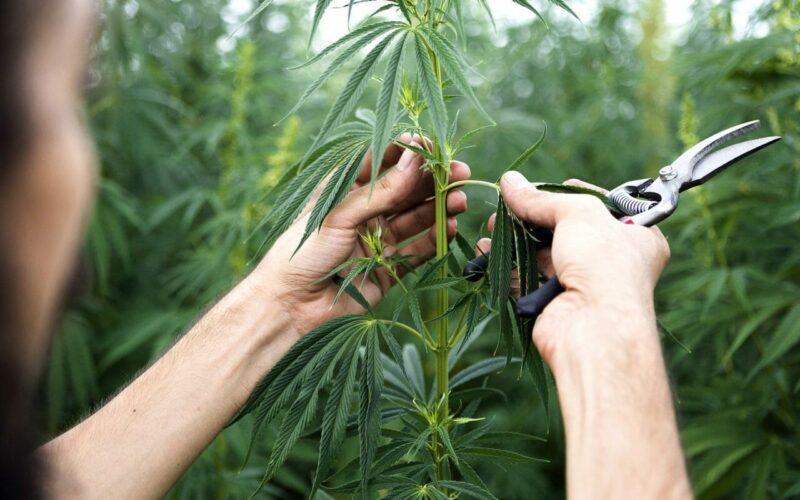
The first step in starting a hemp farm is obtaining a license from the state or country where you plan to operate. In the United States, the US Department of Agriculture (USDA) and the Drug Enforcement Administration (DEA) regulate hemp farming. A license from either agency is required before you can begin growing hemp.
2. Choose a location
Hemp prefers a warm climate with plenty of sunlight and well-drained soil high in minerals and organic matter.
3. Purchase or lease land
Once you have obtained a license, you will need to purchase or lease land to grow your hemp crop. Hemp can be grown in various climates and soil types but prefers well-drained, fertile soils with a neutral pH.
4. Choose a seed source
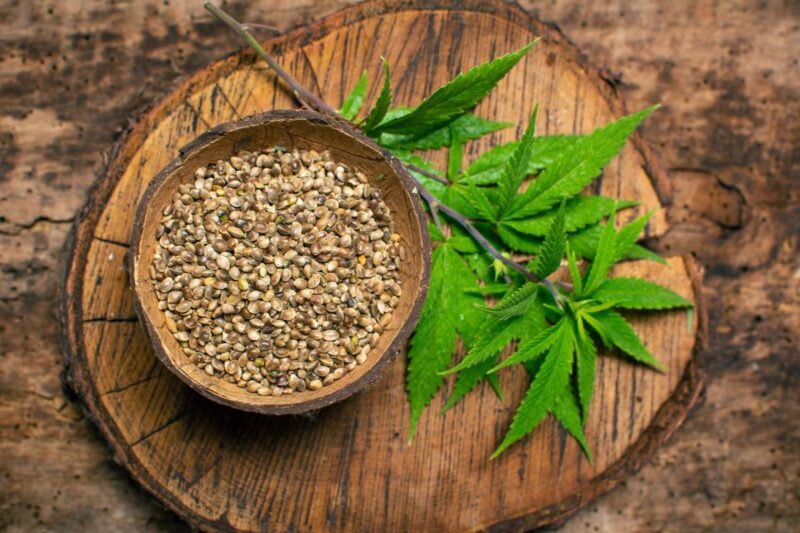
Choosing a reputable seed source is one of the most important decisions when starting a hemp farm. You can purchase hemp seeds for your farm from online retailers or specialty agricultural suppliers, like Discount Pharms. Choosing a seed source that offers high-quality, genetically diverse seeds is essential.
5. Create a business plan
Creating a comprehensive business plan is critical to the success of any farming operation, and hemp farming is no exception. Your business plan should include an analysis of the hemp market, your target audience, your production costs, and your marketing and sales strategy.
6. Get the right equipment
Hemp farming requires a significant investment in equipment. You will need tractors, cultivators, combined irrigation systems, and drying and processing facilities. If you don’t have the necessary farming equipment, you can lease it from other farmers or purchase it second-hand.
7. Hire experienced workers
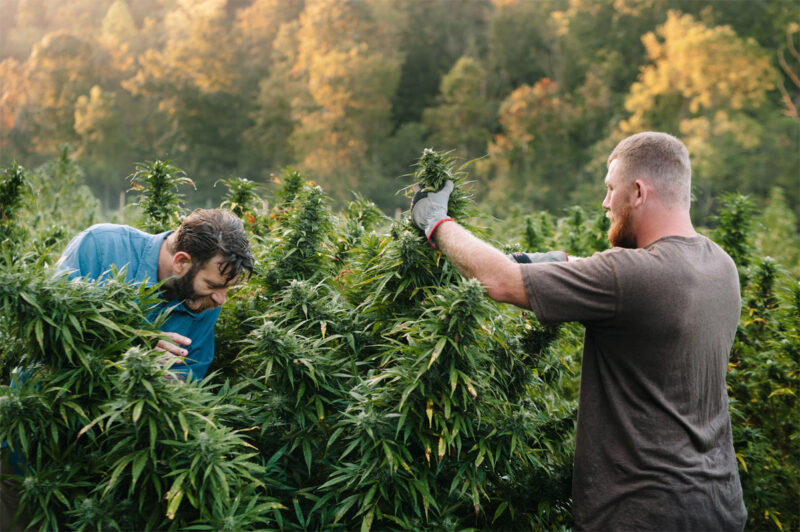
Farming hemp is a complex and challenging undertaking. As such, it is essential to hire experienced workers who are familiar with the crop and the equipment. Many hemp farmers hire workers with experience in the tobacco or cannabis industries.
8. Get the right equipment
You will need specialized equipment for planting, harvesting, and processing hemp, and be sure to do your research and invest in quality tools.
9. Creating the perfect growing environment
Hemp plants need a stable temperature and humidity level to thrive. Invest in a quality climate control system for your greenhouse or indoor facility.
10. Providing the right nutrition
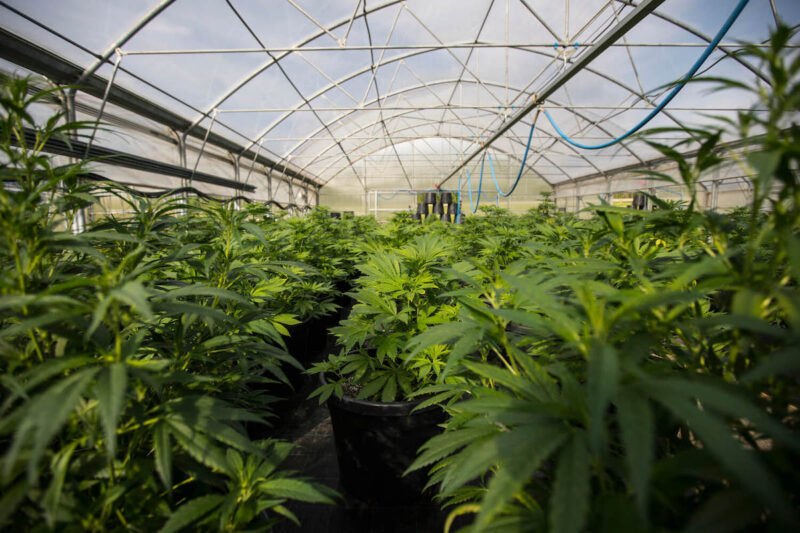
Hemp plants are heavy feeders and require nutrient-rich soil to produce high yields. Be sure to fertilize regularly and test your soil often.
11. Watering correctly
In hemp farming, too much or too little water can harm hemp plants. Be sure to monitor moisture levels and adjust your irrigation accordingly.
12. Controlling pests and diseases
Hemp is susceptible to a variety of pests and diseases. Be sure to scout for problems regularly and take action immediately if you see anything suspicious.
13. Harvesting at the right time
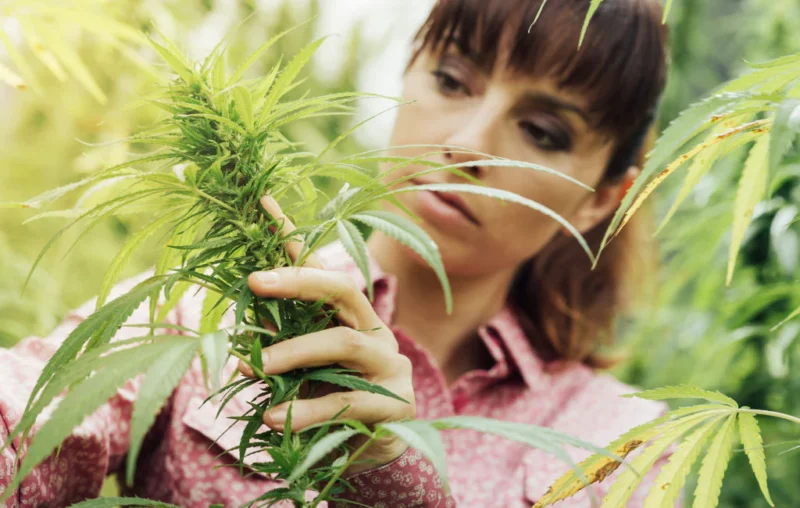
Hemp plants are ready for harvest when the flowers mature, and the leaves start to yellow. Be sure to cut the plants down at the right time to avoid losing any of your crops.
14. Processing your hemp crop
Once you have harvested your hemp, you need to process it into a usable form, which can be done through drying, grinding, or extracting CBD oil.
15. Develop a marketing strategy
Once your hemp crop is ready for harvest, you must develop a marketing strategy to sell your product. There are several ways to sell hemp online, at farmer’s markets, and through wholesale distributors.
What is hemp used for?
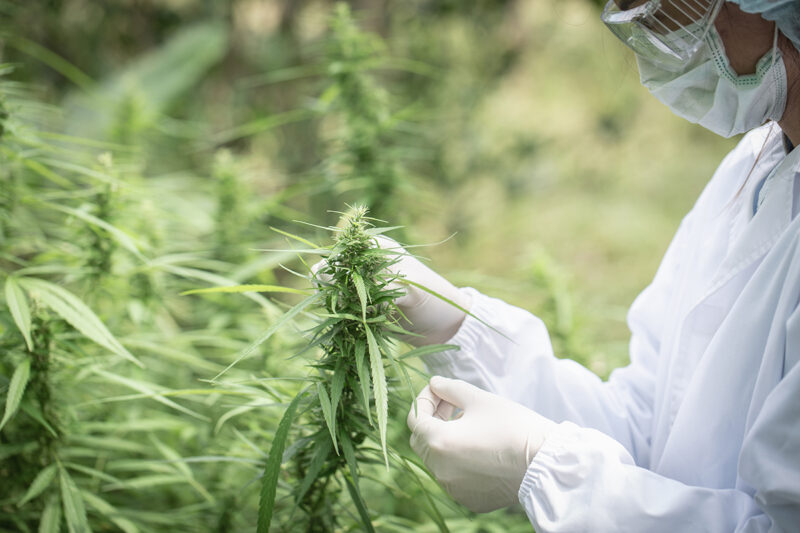
Hemp is a versatile and sustainable material that can be used for a variety of purposes. Here are some of the most popular uses for hemp:
- Clothing: Hemp fabric is strong and durable, making it ideal for clothing items such as shirts, pants, and jackets. It is the perfect opportunity for consumers to go green and sustainable.
- Home furnishings: Hemp can be used to make a variety of home furnishings, including rugs, curtains, and blankets.
- Construction: Hemp has been used in construction for centuries and is now gaining popularity as a sustainable and eco-friendly building material.
- Automotive: Hemp can be used to make biodegradable plastics and composites that are being used in the automotive industry. Hemp can be a biofuel in the form of hemp biodiesel or hemp ethanol.
- Food and beverage: Hemp seeds are a nutritious food source, containing high levels of protein, essential fatty acids, and vitamins and minerals. They can be eaten raw, ground into a powder, or used to make hemp milk, butter, or oil. Hemp seed oil is also a popular ingredient in many health food products, and hemp seeds can be used to make protein powder and milk.
- Beauty: Hemp oil is a common ingredient in many skincare and haircare products.
- Medicine: Hemp has been used for centuries in traditional Chinese medicine, and more recently, CBD oil derived from hemp has been shown to have therapeutic, health, and other medicinal benefits. It has also become a vital ingredient in the recovery period for professional athletes.
- Industrial: Hemp can be used to make a variety of industrial products, including rope, paper, and biofuel.
- Recreational: Hemp can be used to make a variety of recreational products, including rope, paper, and biofuel.
- Agricultural: Hemp is a versatile crop that can be used for a variety of purposes, including animal feed, soil stabilization, and biodegradable plastics.
Hemp is a versatile material that has a wide range of uses. By incorporating hemp into your products and projects, you can help make a difference in the world.
Finally
Starting a hemp farm is a complex and challenging undertaking, but it can be a rewarding and profitable enterprise. With careful planning and execution, your farm can become a leading producer of high-quality hemp products.

